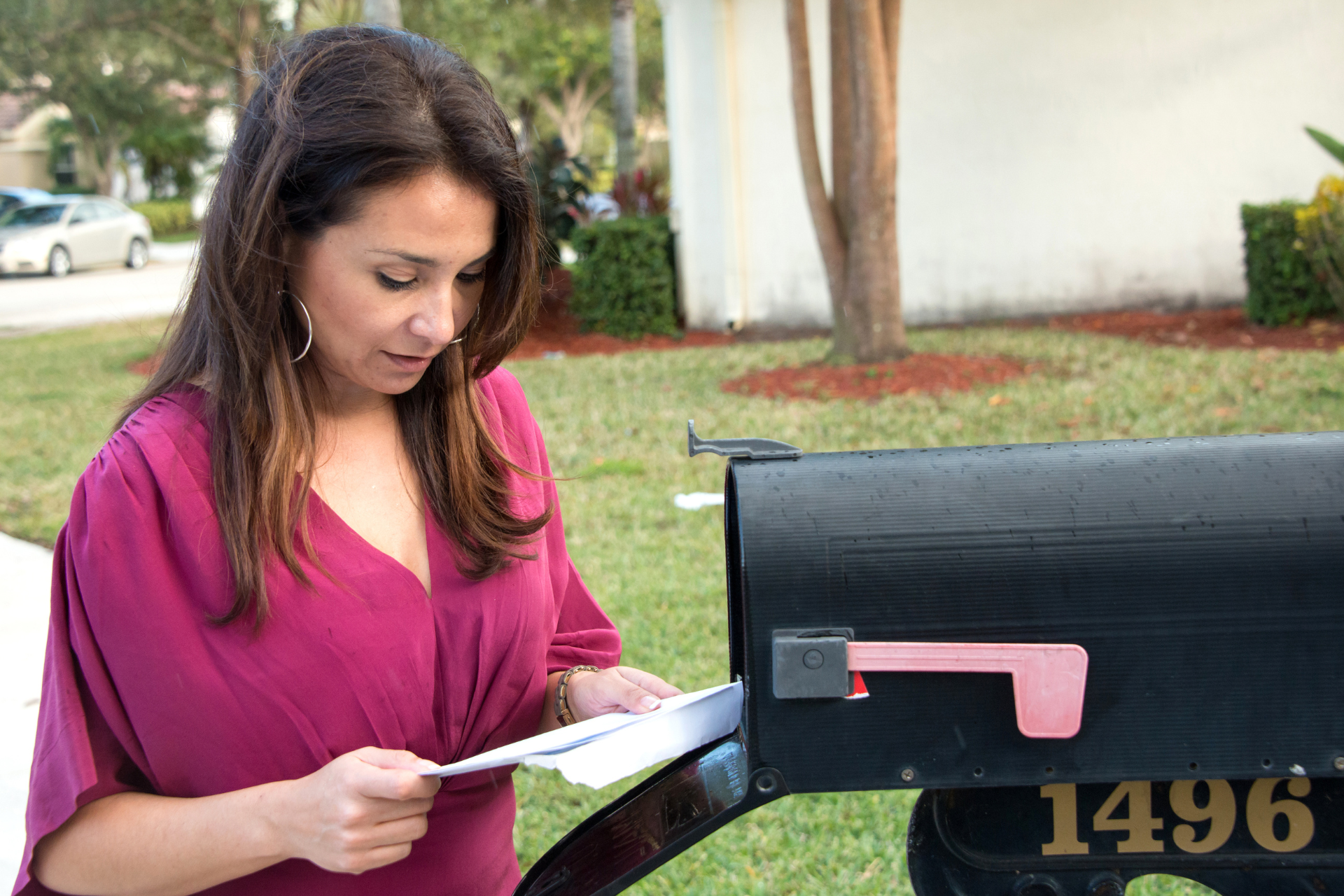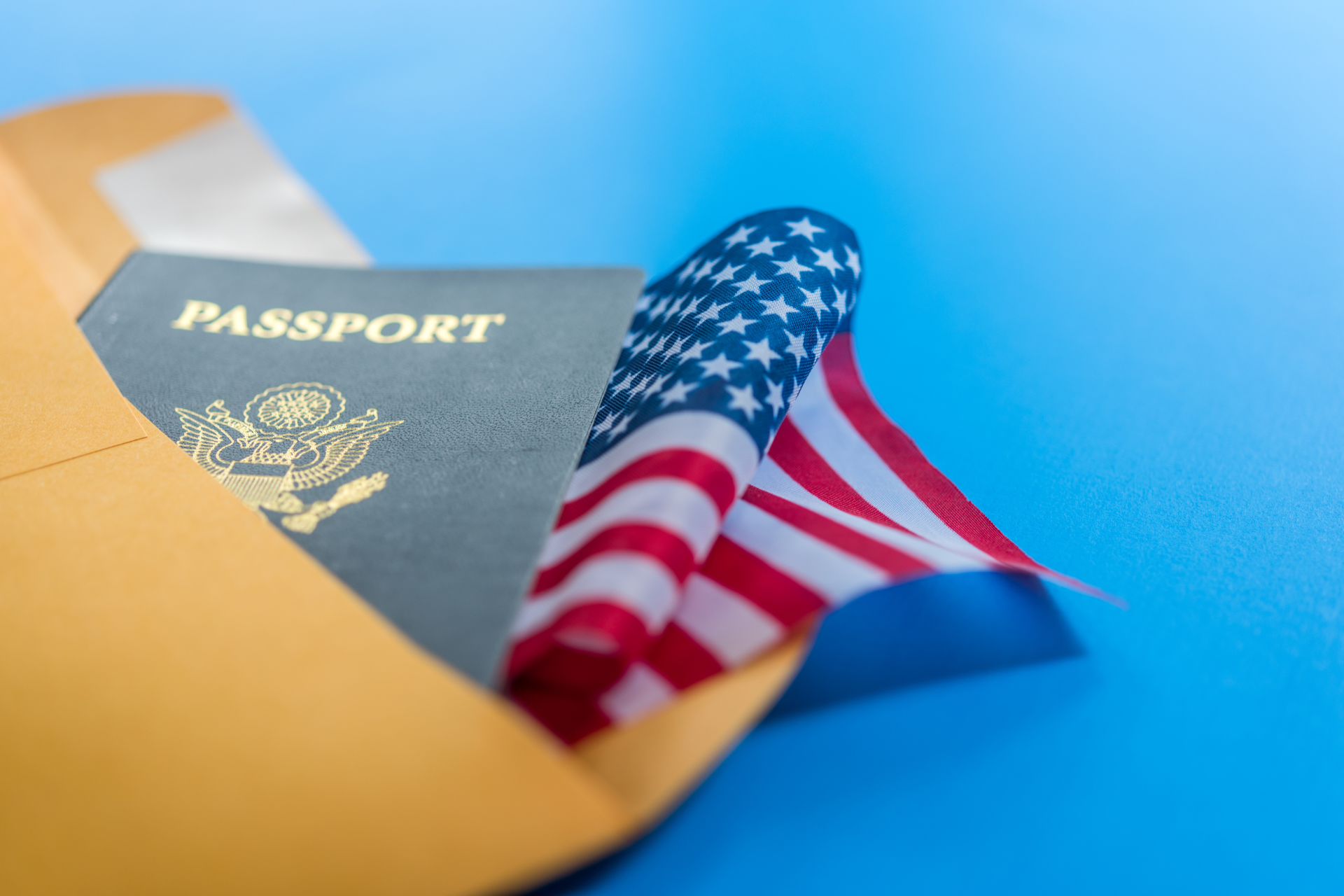Understanding Parole in Place for Spouses: What You Need to Know
If you are an undocumented immigrant married to a U.S. citizen, you may be exploring options to remain in the country while applying for permanent residency. One such option has been Parole in Place (PIP), a program historically available for military families. Recently, a version of this program was extended to non-military spouses under the Keeping Families Together initiative, but recent legal developments have put this policy on hold.
In this post, we'll explore what you need to know about Parole in Place for spouses, its qualifications, the legal situation surrounding the program, and other options if PIP is no longer available.
What is Parole in Place (PIP)?
Parole in Place (PIP) is a U.S. immigration policy designed to allow certain undocumented immigrants to remain in the U.S. temporarily, even though they entered the country without permission. Traditionally, this has applied to spouses, parents, and minor children. In June 2024, under the Keeping Families Together initiative, the Biden administration announced an extension of PIP to certain non-military families, providing relief to approximately half a million foreign-born spouses.
This expanded program was intended to allow undocumented spouses of U.S. citizens to remain in the country while applying for a change in their legal status, such as permanent residency, rather than having to leave the U.S. and apply from their home country—a process known as consular processing.
Qualifications for Parole in Place
To qualify for the Parole in Place program (if it resumes), an individual typically needs to meet the following criteria:
- Be married to a U.S. citizen on or before June 24, 2024
- Be currently residing in the U.S. without legal immigration status since on or before June 24, 2014
- Have no serious criminal record
- Not pose a threat to public safety or national security
It’s important to note that the program’s legal requirements can be complex, so consulting with an immigration attorney is crucial to determine eligibility.
The Current Legal Situation Surrounding Parole in Place
Despite its potential benefits, the expanded Parole in Place program for non-military spouses has faced legal challenges. A federal judge in Texas has temporarily blocked the policy, following a lawsuit from Texas and 15 other state attorneys general. They argued that the policy violated federal immigration laws by essentially offering a form of blanket amnesty to undocumented individuals.
As of now, the administrative stay has paused any approvals under this program until at least November 8, 2024. While the Department of Homeland Security (DHS) continues to accept applications, they will not be processed for approval or issuance of any benefits under the program until the Court rules that the program can proceed.
Other Options: Consular Processing
If Parole in Place for Spouses is not an option, the traditional route of consular processing remains available for many applicants. This process requires the undocumented spouse to leave the U.S. and apply for an immigrant visa at a U.S. consulate abroad and often requires a waiver for unlawful presence. While this can be a more lengthy and stressful process, it is important to note that many thousands of immigrants obtain their permanent resident status through this process every year. If PIP remains permanently blocked, it will be crucial to pursue residency through consular processing if you are eligible.
Schedule a Consultation
With the current uncertainty surrounding Parole in Place, it’s more important than ever to understand your rights and options. Whether you are exploring the possibility of PIP or considering consular processing, having an experienced immigration attorney on your side is essential.
Contact JLW Immigration Law Group today to schedule a consultation and get personalized guidance on your immigration journey. We’re here to help you navigate this complex legal landscape. We’re here to walk with you as you navigate this complex legal landscape.







